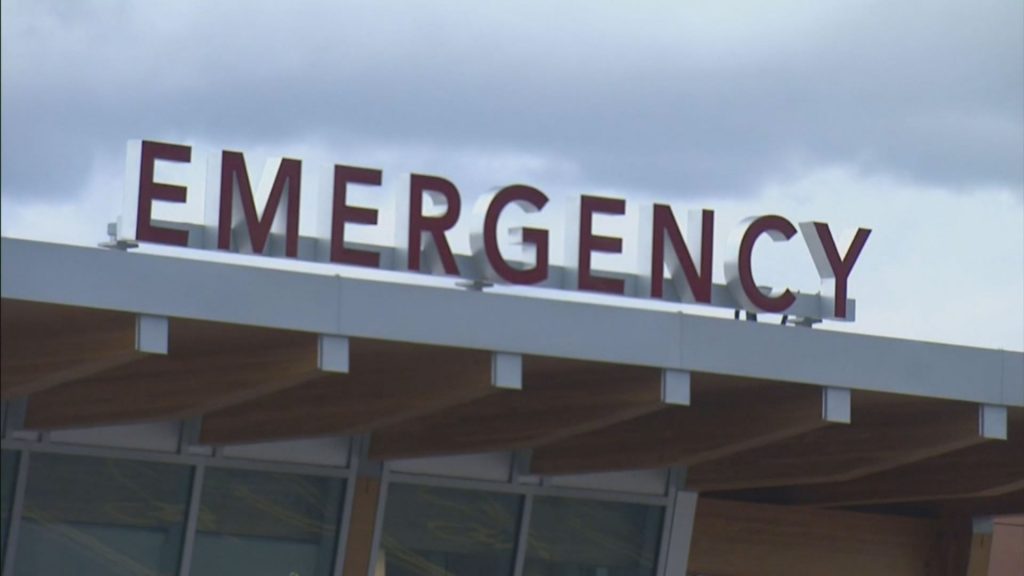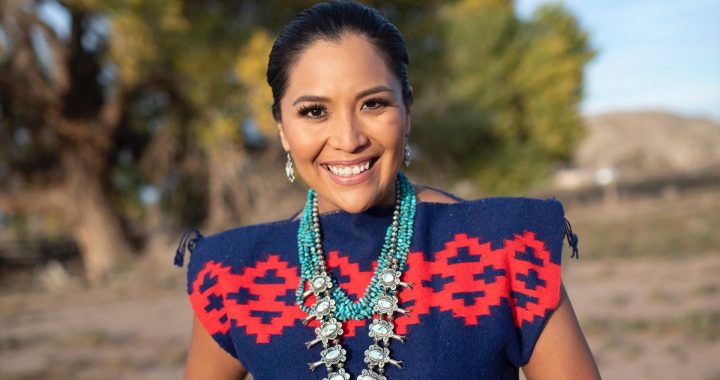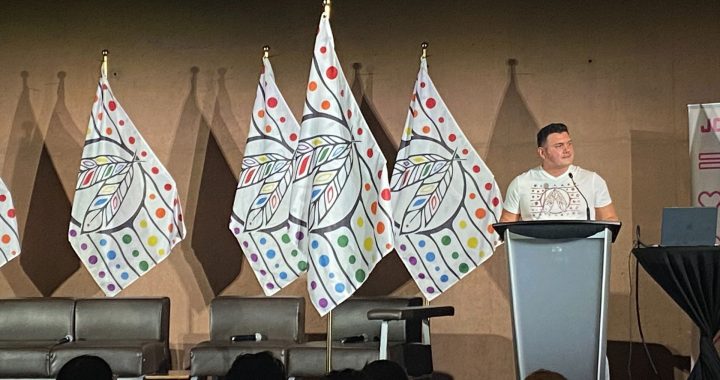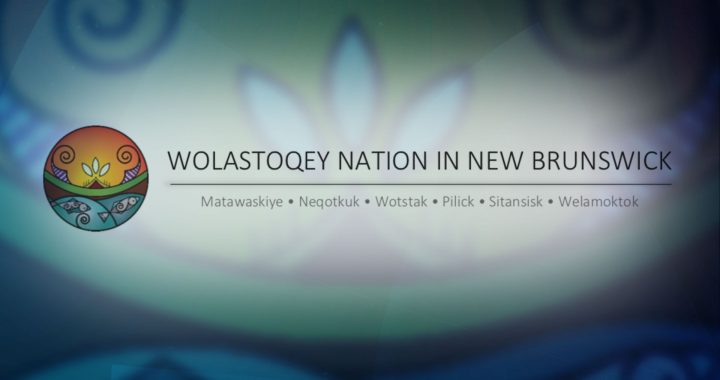
A First Nations mother now living in Toronto is one of the plaintiffs in a proposed multi-million-dollar class-action lawsuit seeking damages as a result of what is called a “birth alert.”
“It’s been excruciatingly painful,” says the plaintiff who can’t be named because of a publication ban. “A lot of trauma, loss and grief. Disenfranchised grief because it’s not acceptable by society to mourn birth alerts, forcible separation and parents are often looked at as if there is something that they’ve done wrong when that’s not true.”
Birth alerts involve the exchange of information between a social worker and a hospital. When the social worker feels an expectant mother may put their newborn at risk – they issue a “birth alert” by informing the hospital of the pregnancy.
The hospital, in turn, will notify the social worker when the baby is born. The information is often exchanged without the knowledge of the parents.
The plaintiffs had her first two children apprehended by Native Child and Family Services Toronto and a third was the subject of a birth alert in 2016 without her knowledge.
According to the statement of claim, “The speculative child protection concerns motivating the Birth Alerts Scheme are grounded in discriminatory assumptions regarding which individuals are likely to be neglectful, abusive or incapable parents. As a result, Birth Alerts are disproportionately employed against Indigenous, racialized, and or disabled pregnant persons,” says the statement.
“The Birth Alerts Scheme is in large part a product of the state’s colonialist and paternalistic attitude towards these historically disadvantaged and vulnerable communities.”
Lawyer Tina Yang is with the Toronto firm Waddell Phillips which is representing the plaintiffs.
She says birth alerts violate a number of basic human rights.
“The court issue with the birth alert process is there is no jurisdiction for a child protection authority to act before there is a child,” Yang says. “By taking these invasive steps prior to birth, there is a violation, an alleged violation, of many of the rights of the pregnant person – their privacy rights, their constitutional rights, security of the person.”
The lawsuit is seeking general and aggravated damages of more than $50 million.
Read More:
B.C. ministry warned birth alerts ‘illegal and unconstitutional’ months before banning them
Several Canadian provinces still issue birth alerts
Ontario’s Ministry of Social Services issued a policy directive to stop the practice of birth alerts in 2020 but the lawsuit alleges the practice continues.
Yang says the system itself sets up parents to fail.
“I’ve heard from parents who sought out support because they were, for example, experiencing homelessness or wanting assistance with learning how to parent properly – that sort of thing. And the response, instead of providing the assistance, is to sort of redirect this punitive dracas, as I’ve called it, with the birth alert and then the investigation, the apprehension.”
Today, the mother is reunited with all three of her children, the oldest of which is now 20, but she says she doesn’t want anyone else to endure what she went through.
“Indigenous women and their families should not be under surveillance and subjected to dehumanizing practices by child welfare workers. They should be able to give birth and able to access health services while they are pregnant and that’s not what’s been happening in our country and certainly not in the province of Ontario.”
APTN reached out to Native Child and Family Services Toronto, Children’s Aid Society of Toronto and the Ontario Attorney General’s office for comment but did not receive response.
The defendants have 20 days to respond to the statement of claim which was issued on May 10.
Most provinces have announced that birth alerts no longer occur but it’s not clear if they’ve stopped altogether.
In British Columbia, a memo from lawyers with the province
Months before British Columbia officially ended the controversial practice of birth alerts, government lawyers advised the Ministry of Children and Family Development (MCFD) that the practice was “illegal and unconstitutional” and posed a “litigation risk”
Editor’s Note: This story was updated on Dec. 1, 2023.









